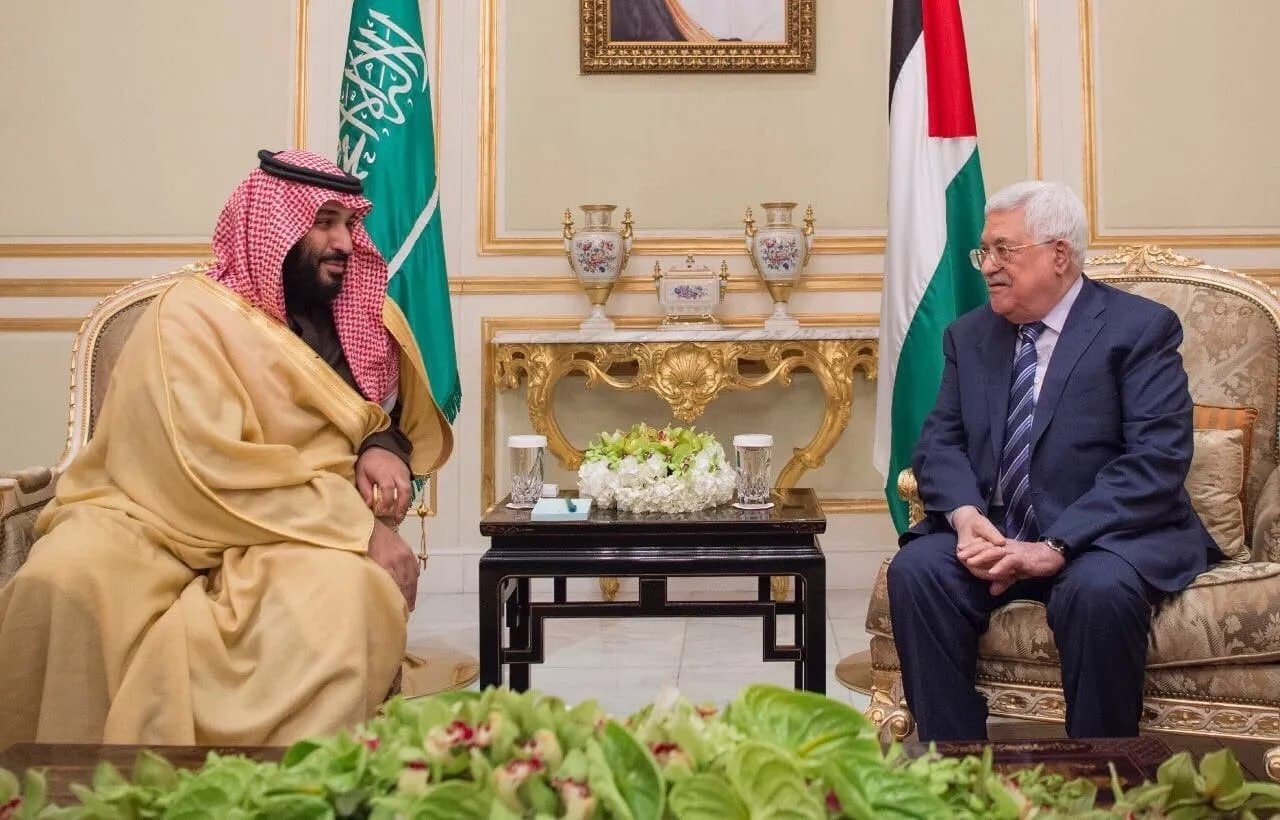Saudi Arabia Will Not Normalize Ties with Israel Under Netanyahu"s Leadership
In a significant diplomatic development, senior Palestinian officials have revealed that Saudi Arabia has decided not to pursue normalization of relations with Israel as long as Prime Minister Benjamin Netanyahu remains in power. This statement highlights the influence of far-right ministers within Netanyahu"s government, specifically Bezalel Smotrich and Itamar Ben-Gvir, who are viewed as major obstacles to peace negotiations. The Palestinian officials indicated that Saudi Arabia is seeking a credible and time-bound plan for Palestinian statehood as a prerequisite for any normalization efforts.
Key Details
According to the Palestinian officials, who are closely aligned with Palestinian Authority (PA) President Mahmoud Abbas, Saudi Arabia"s position is firm. The officials did not specify when this communication took place, but it underscores the ongoing tensions in the region regarding the Israeli-Palestinian conflict. The far-right elements of Netanyahu"s government, particularly Smotrich and Ben-Gvir, have been vocal in their opposition to the establishment of a Palestinian state, which complicates any potential diplomatic advancements.
Earlier today, both Prime Minister Netanyahu and Defense Minister Yoav Katz reiterated their categorical rejection of the idea of a Palestinian state. This stance is consistent with Netanyahu"s long-standing position, which has been characterized by skepticism towards Palestinian statehood and a focus on security concerns. The Israeli government’s current leadership has been criticized for its hardline policies, which many believe hinder the peace process.
Background
The relationship between Saudi Arabia and Israel has been a topic of considerable speculation, particularly in light of the broader geopolitical landscape in the Middle East. Saudi Arabia has been seen as a potential key player in normalizing relations with Israel, especially following the Abraham Accords, which saw several Arab nations establish diplomatic ties with Israel. However, the Palestinian issue remains a significant barrier to such normalization.
The Palestinian Authority has consistently advocated for a two-state solution, which envisions an independent Palestinian state alongside Israel. The demand for a clear and credible path to Palestinian statehood is central to Saudi Arabia"s position, reflecting the kingdom"s commitment to supporting Palestinian rights and aspirations. This stance is particularly relevant given the historical context of the Israeli-Palestinian conflict, which has seen numerous failed peace initiatives over the decades.
What"s Next
The implications of Saudi Arabia"s decision not to normalize ties with Israel under Netanyahu"s leadership are significant. It suggests that any future diplomatic efforts will require a shift in the Israeli government"s approach to the Palestinian issue. As long as the current leadership maintains its hardline stance, the prospects for peace and normalization with Saudi Arabia appear bleak.
This situation is further complicated by the ongoing regional dynamics, including Iran"s influence and the shifting alliances among Middle Eastern nations. Observers will be closely watching how this development affects not only Israeli-Palestinian relations but also broader geopolitical alignments in the region.
For more on related international developments, see our coverage on recent developments in Ukraine.


![[Video] Heavy clashes and gunfire reported in Baghdad, Iraq](/_next/image?url=%2Fapi%2Fimage%2Fthumbnails%2Fthumbnail-1768342239932-848qsh-thumbnail.jpg&w=3840&q=75)




![[Video] Gunfire between Iraqi security forces and Sadr militias in Baghdad](/_next/image?url=%2Fapi%2Fimage%2Fthumbnails%2Fthumbnail-1768343508874-4redb-thumbnail.jpg&w=3840&q=75)
